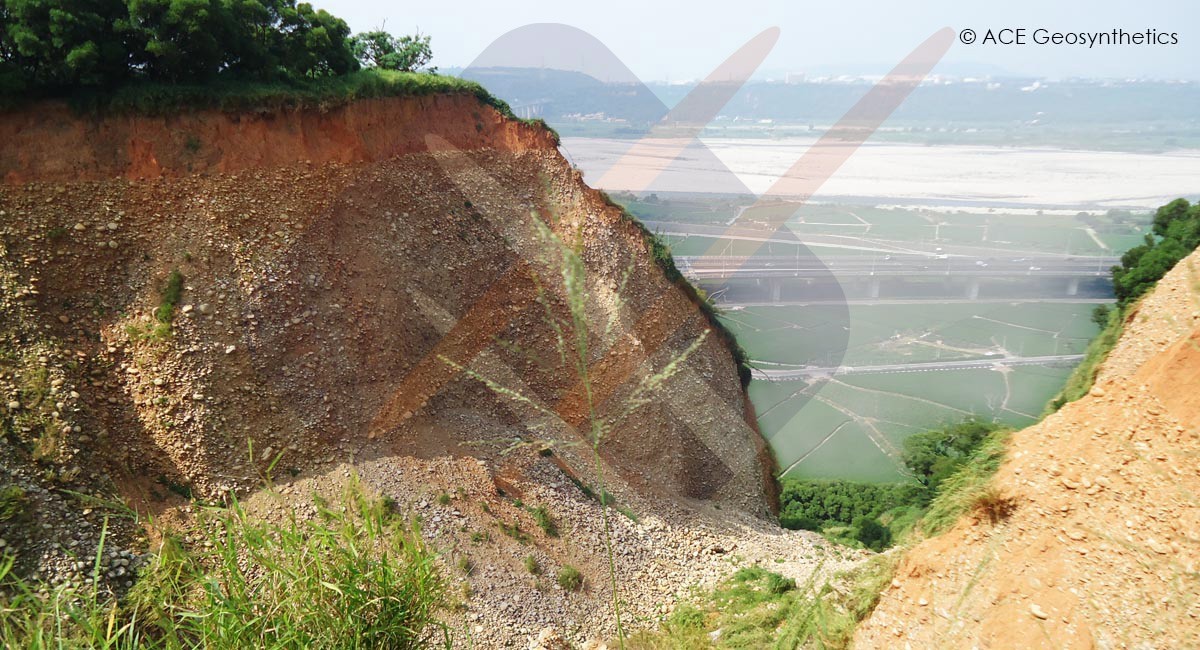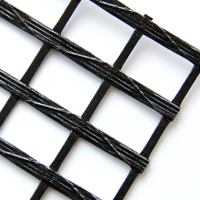Taiwan | 2010-2014
Wrap-Around Reinforced Retaining Wall for Collapsed Slope Remediation, Taichung, Taiwan
Products:ACEGrid® GG
Application: Slope Stabilization, Slope Erosion Control
-
Background
-
This project is located in Central Taiwan, and the terrain is lateritic gravel plateau. On September 21, 1999, Taiwan experienced a severe earthquake, the Jiji earthquake (as known as the 921 earthquake), which caused slope debris loosened and triggered serious collapse and exposed slope.
-
Problem / Task
-
Due to the collapsed terrain and abundant rainfall during wet seasons in Taiwan, the slope has been eroded by a great amount of rainwater, making soils keep losing and eventually leading to multiple collapses and enlarging the collapsed areas. The collapsed slope is 30 m in height with steepness, and the original slope is not easy to grow vegetation, therefore if the collapsed area is not under proper remediation, it would endanger the agricultural roads and orchards above the slope.
-
Solution/ Design & Construction
-
The main structure of this project utilizes compound piles, gravity wall, and drainage system as a geocomposite reinforced retaining wall structure. The piles have overall ability to resist slope sliding. After finishing the foundation placement, laying ACEGrid® geogrids and soil bags to reuse existing in-situ collapsed debris. The design height of reinforced retaining wall is about 30 meters, divided into 6 tiers with 5 meters each in height. Each tier is around 10 layers of geogrids, which are compacted layer by layer (50 cm for a layer) from the foundation to the slope top, and wrapped around after compaction. Besides each tier facing is installed two drainage layers, horizontal-longitudinal drain ditches are set up between the retaining wall and every setback to effectively discharge water converged from above. After the reinforced retaining wall is completed, hydroseeding on the wall facing can not only beautify the overall structure but form a protection layer by vegetation growth to prevent the wall from being eroded.
-
Result
-
Before the collapsed slope adopts reinforced retaining wall method, although it had been conducted many remediation, it still failed to be well treated due to the erosion of typhoons and heavy rains. After the reinforced retaining wall is completed, even though the structure has experienced many natural disasters so far, there is no damage occurred. Also, it successfully accelerates the recovery of vegetation.
In comparison with traditional concrete engineering method, using reinforced retaining wall reduces around 8500 m3 consumption of concrete and 3179 tons of carbon dioxide emissions, and the restoration area of farmland increases about 1000 m2.
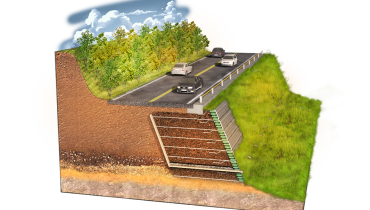
Slope Stabilization
ACE offers a variety of geosynthetic products and combinations that minimize slope erosion and boost soil stability. Our quick and reliable earth stabilization...
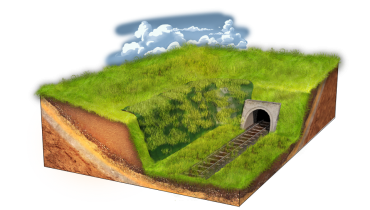
Slope Erosion Control
As rain impacts the ground surface, raindrops displace topsoil, exposing roots and the foundations of structures which can critically destabilize slopes. Enhanc...
Related Products
Similar Case Studies
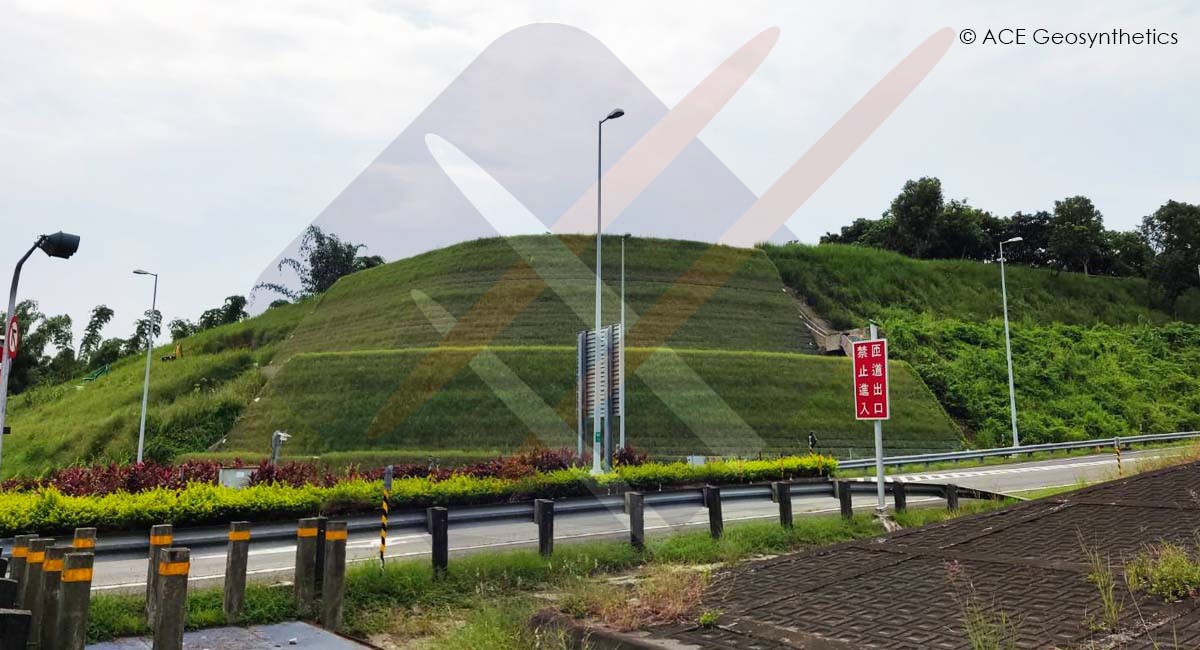
Reinforced Earth Slope, Tianliao Interchange, National Freeway No. 3, Taiwan
Application:Slope Stabilization
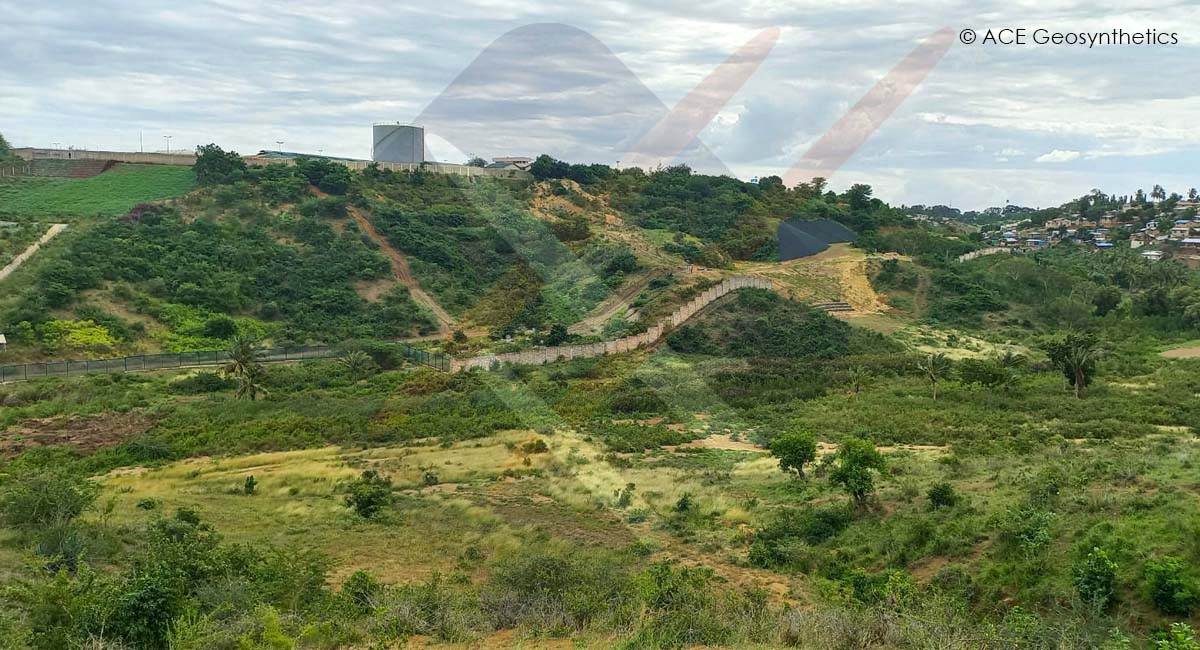
Use of Reinforced Soil to Restore an Eroded Slope in Africa
Application:Slope Stabilization, Slope Erosion Control
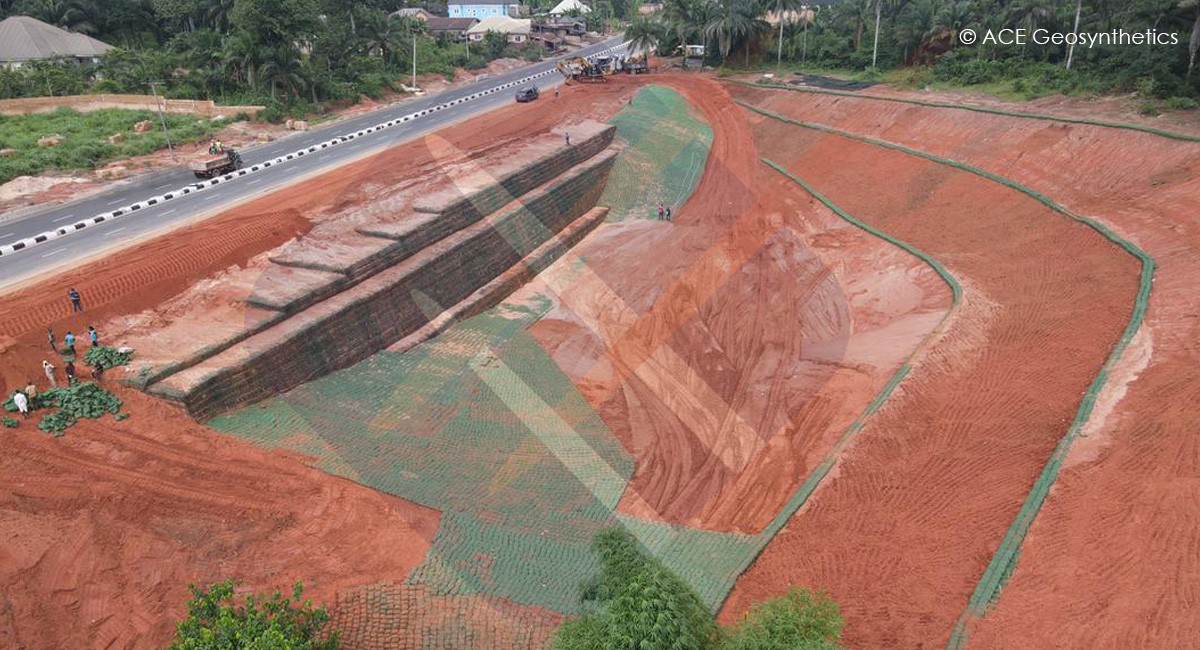
Road Widening and Slope Restoration with Geosynthetic Reinforced Soil Slope, Nigeria
Application:Slope Stabilization, Road Widening



